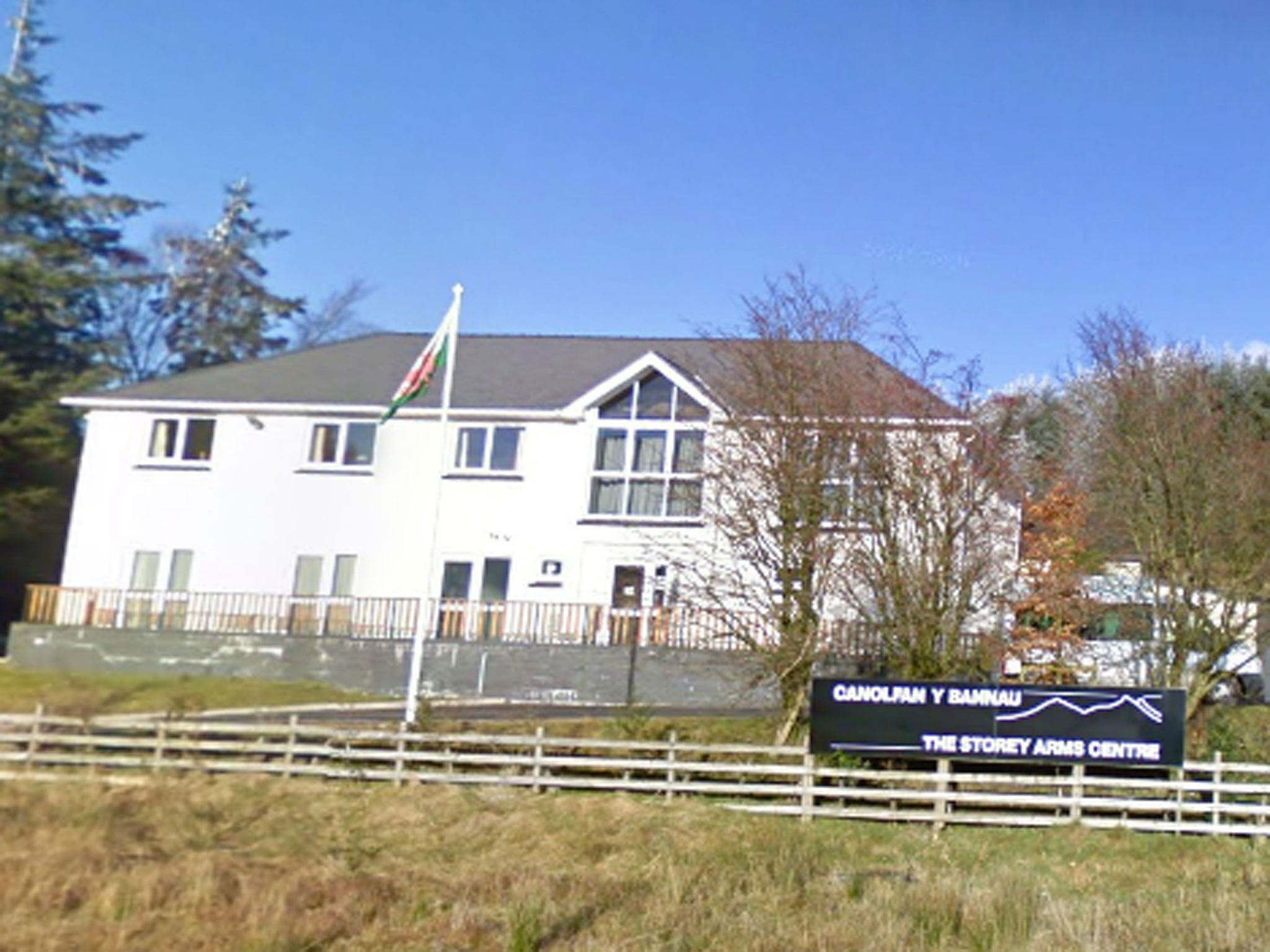The Ministry of Defence is running out of excuses for soldier deaths during training exercises
Soldiers should not die on exercise. There are detailed guidelines which stress the fact that nearly all heat and cold injuries can be prevented

The deaths of two members of the Territorial Army and injuries to four more in the Brecon Beacons this weekend highlight a critical need to address failings within the military to protect its troops.
The injuries happened while all the soldiers were on an SAS selection exercise in the area, which is regularly used by the Ministry of Defence (MoD) for training purposes. The MoD has yet to confirm details and to say exactly what the cause of the deaths was, but what we know so far appears to indicate that heat injuries were involved.
Although investigations will still be at an early stage, it is vital that the right questions are asked now. The MoD finds itself facing questions about whether it was properly protecting its own soldiers, and it owes all those involved, and their families, a full explanation.
Soldiers should not die on exercise. There are detailed guidelines which stress the fact that, if the risk factors are assessed properly and appropriately managed, nearly all heat and cold injuries can be prevented. They include training soldiers to recognise signs that they may be suffering from heat exhaustion, recommendations for layers of clothing to respond to changing weather conditions, and drinking sufficient water before, during and after the exercise to avoid dehydration in the course of and following intense activity.
Though this advice may seem painfully obvious, following it can and does save lives. Deciding when there is danger can be complicated, and leadership from experienced officers and NCOs is needed to support junior soldiers to make sure they are adequately informed and equipped. This is a management issue and the MoD must ensure that these guidelines translate fully from paper to the training ground; well-intentioned guidelines issued from above are not enough.
As a military claims lawyer, I work with soldiers and veterans who have suffered heat (and, indeed, cold) -related injuries that were due to negligence. It is not a new phenomenon. Military personnel, and those who work with them following cases of negligence, have been aware for a long time that this is an issue that needs to be addressed urgently to stop these types of avoidable injuries occurring.
The MoD’s enquiry must find out where responsibility lies, and how deaths can occur when apparently adequate procedures exist. We have seen time and time again alarming cases which point to unacceptable shortcomings in army practices and failure by the MoD to respond to the duty of care it owes its soldiers. The MoD must act quickly to ascertain whether this is yet another in a string of cases of avoidable negligence.
Philippa Tuckman is a military injury claims specialist and partner at Bolt Burdon Kemp.
Join our commenting forum
Join thought-provoking conversations, follow other Independent readers and see their replies
Comments